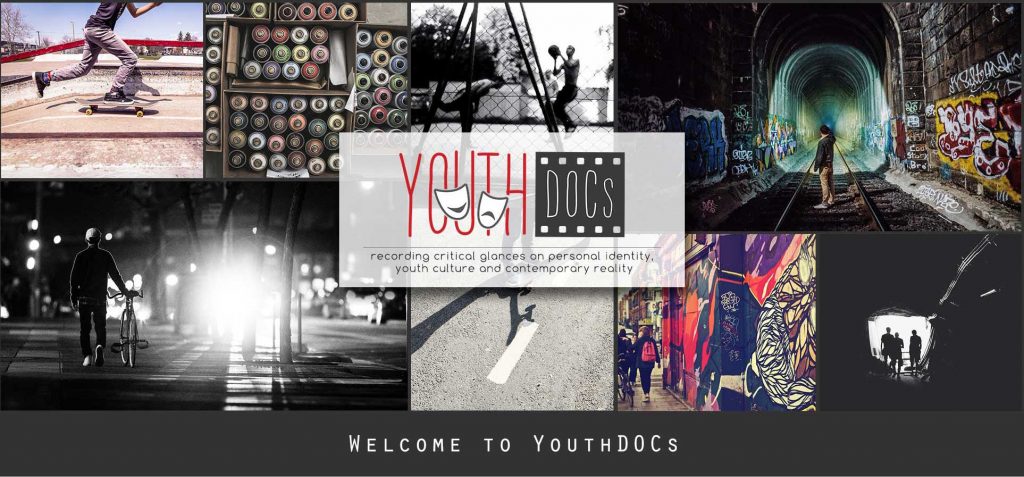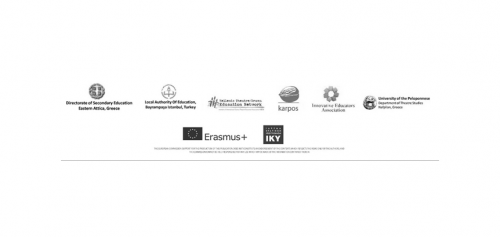
Welcome to our YouthDOCs website!
Suppose you are asked to create, together with your friends, a short drama or a short video
in order to show to others elements of your own culture that you, as a group, consider important for your lives now.
What would you choose to record and to share with others?”
A group of video/drama educators together with teachers and their students from Athens Greece and Istanbul Turkey decided to explore this challenge!
What do we mean by “youth culture”?
How can we collectivley decide what is important for us at this moment?
How can we turn this into a drama or video using documentary techniques?
Key words: youth culture, identity, evidence/documents, verbatim theatre, documentaries, devising, drama or video work

Year 1 approach: “sharing personal stories” & “documents”
At the end of Year 1 (June 2015) all schools involved should be able to presend a video or a drama to local schools (at a local Festival) and –via the web platform- to schools of the other country. They are also expected to comment on other’s work. In Year 1 schools will develop scripts for video or drama work based on “exchange of personal stories” and the use of “documents”
Year 2 approach: “using others’ video to initiate new YouthDOC”
Students from both countries watch all 13 videos created during Year 1 and select some “key points” i.e. key issues that they feel are common to young people of both countries or issues that surprised them because they are totally different in the two countries. They can be “a very impressive moment” or “just a little detail that caught the attention” in one of the other country’s films. They can even be characteristics that they would like to present in a different way. A face, a human reaction, a situation, a place or an object, anything can be a “key point” as long as one can show that it comes from a specific moment of a specific film from the other country’s Youthdocs.
Students, in groups, make a list of the most interesting “key points”. After discussion, the group will choose only one “key point” and make certain that they can easily show from which film and from which specific moment in this film their “key point” is coming.
Students, in groups, use this “key point” as a “point of departure” and start building their own second-year-Youthdoc!
The new VideoDOC or DramaDOC does not necessarily have to be directly reminding the starting “point of departure”. Students are free to move as far as their creativity takes them. But they must be able to remember how they started and how, and why, they have moved to new directions.



